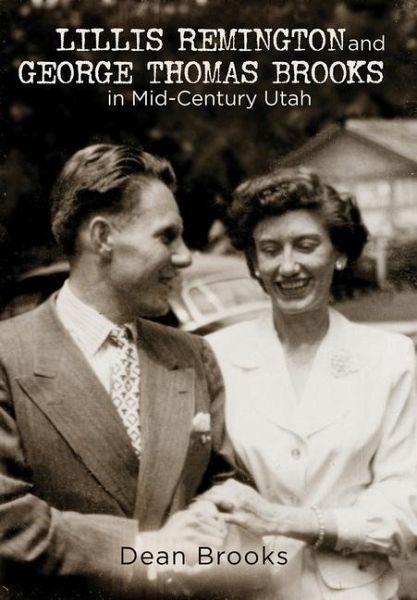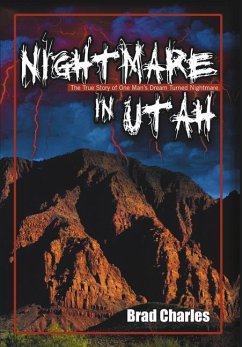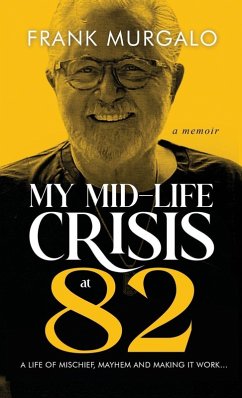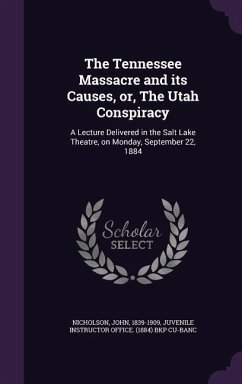
Lillis Remington and George Thomas Brooks in Mid-Century Utah
Versandkostenfrei!
Versandfertig in über 4 Wochen
21,99 €
inkl. MwSt.

PAYBACK Punkte
11 °P sammeln!
Lillis Remington and George Thomas Brooks in Mid-Century Utah is a book which chronicles two people who were eyewitnesses and participants in many of the transformations of the twentieth century. It begins with Lillis's childhood in a remote and primitive mining camp in Uintah County in the 1920s. It follows her to Albuquerque, where she may have unwittingly witnessed the Trinity Nuclear test. She worked as a nurse who treated soldiers after the war returning from prison camps with tuberculosis. She went on to work in a company hospital on a sugar plantation in Hawaii, where she witnessed the ...
Lillis Remington and George Thomas Brooks in Mid-Century Utah is a book which chronicles two people who were eyewitnesses and participants in many of the transformations of the twentieth century. It begins with Lillis's childhood in a remote and primitive mining camp in Uintah County in the 1920s. It follows her to Albuquerque, where she may have unwittingly witnessed the Trinity Nuclear test. She worked as a nurse who treated soldiers after the war returning from prison camps with tuberculosis. She went on to work in a company hospital on a sugar plantation in Hawaii, where she witnessed the Sugar Strike of 1946 and the cynical importation of labor from the Philippines. After George and Lillis married, Lillis volunteered her child for the polio vaccine trials as she operated the iron lungs at St. Benedict's Hospital in Ogden. The book also describes George's childhood in Sugar House on the periphery of Salt Lake City, and the bitter-cold winter battlefields in Germany in 1945. George taught elementary students at the well-intentioned Intermountain Indian School in Brigham City, and rose to serve as the Superintendent of Schools in Salt Lake City. He and Lillis were active in local politics, their church, and with social issues such as the refugees fleeing war in Southeast Asia. While serving as missionaries in Zimbabwe, George was killed in a traffic accident, which forced Lillis to come to terms with his early death and her own life-altering injuries. There are many foils and backdrops to their story: the eccentricities of Mormon culture, the advance of medicine, the slow acknowledgement of racial injustice in the US, the construction of the Interstate Highway System, and the many people who crossed their paths. Their stories have been pieced together from letters, journals, newspapers, and interviews. They are presented here dispassionately with very little interpretation so that those who knew Lillis and George will recognize them in these pages.












